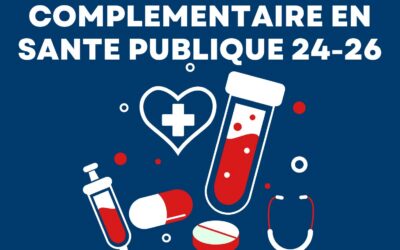At the heart of research into maternal, neonatal and adolescent sexual and reproductive health in the Kivu region, the Ecole Régionale de Santé Publique (ERSP) of the Catholic University of Bukavu has just conducted a new survey. The results of this survey, which Swiss Cooperation is collaborating in, were presented in Bukavu on November 13, 2023 at Hôtel Elizabeth. 55 health facilities were involved. The rural areas of North Kivu and South Kivu in the Democratic Republic of Congo served as the study zone. These areas still face a number of challenges: limited access to quality healthcare, lack of adequate infrastructure, cultural practices and socio-economic disparities.
During the presentation, Professor Mwenebatu Pacifique, Director of ERSP, demonstrated the study’s contribution. It highlights the crucial importance of mother-child and adolescent health in the two Kivu provinces. « It underscores the need to improve maternal and neonatal health services, to strengthen the training of medical staff, and to raise awareness of adolescent sexual and reproductive health, particularly among young people.
These results should, he highlights, « inform policies and guide interventions to improve maternal, neonatal and adolescent health in the region. » Speaking at the event, Kindja Mwendanga, the provincial Minister of Health, emphasized that « maternal, neonatal, sexual and adolescent reproductive health is a major challenge to be met ». Addressing the various stakeholders invited to the results presentation, she called on the assembly to « capitalize on the gains made, particularly in planning and in partner support, as the health of the mother-child couple remains a major indicator in the health system and sustainable development ».




0 commentaires